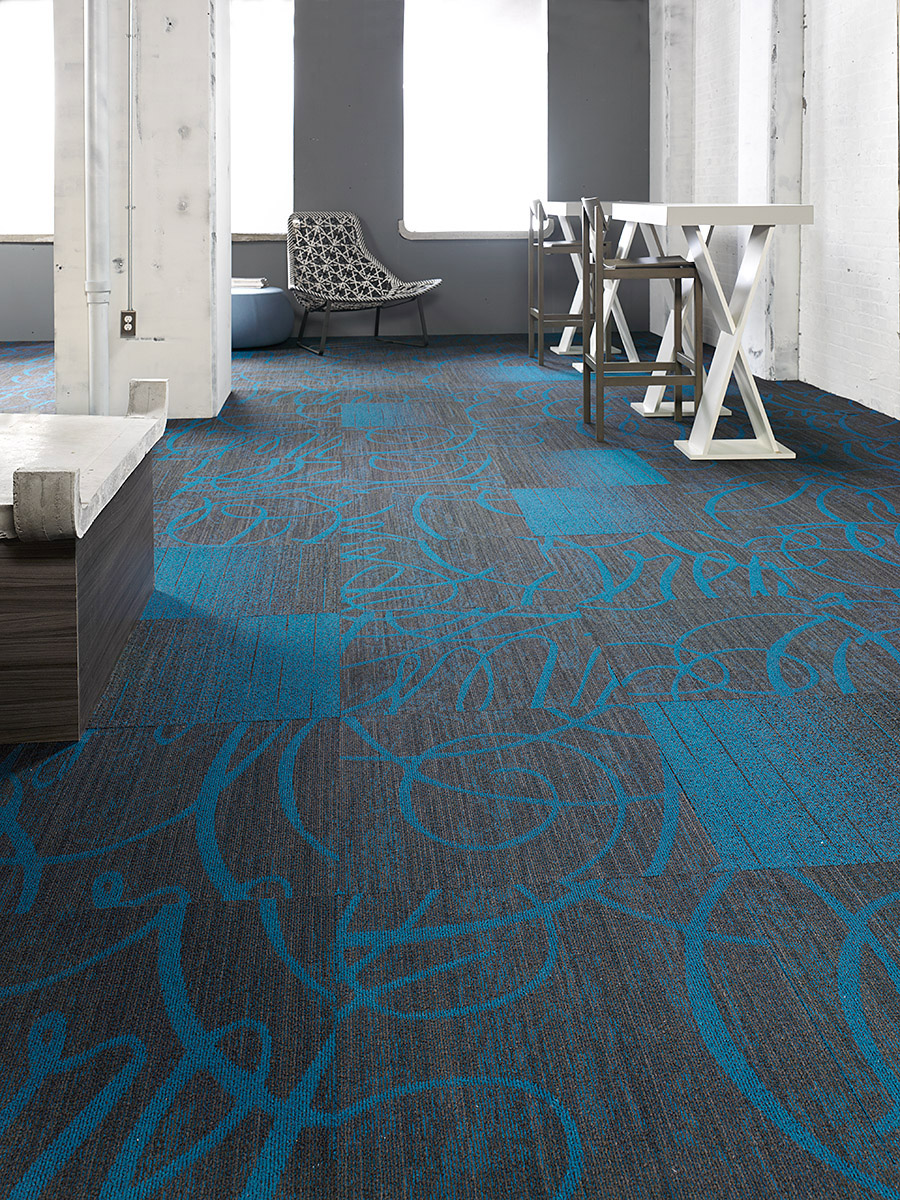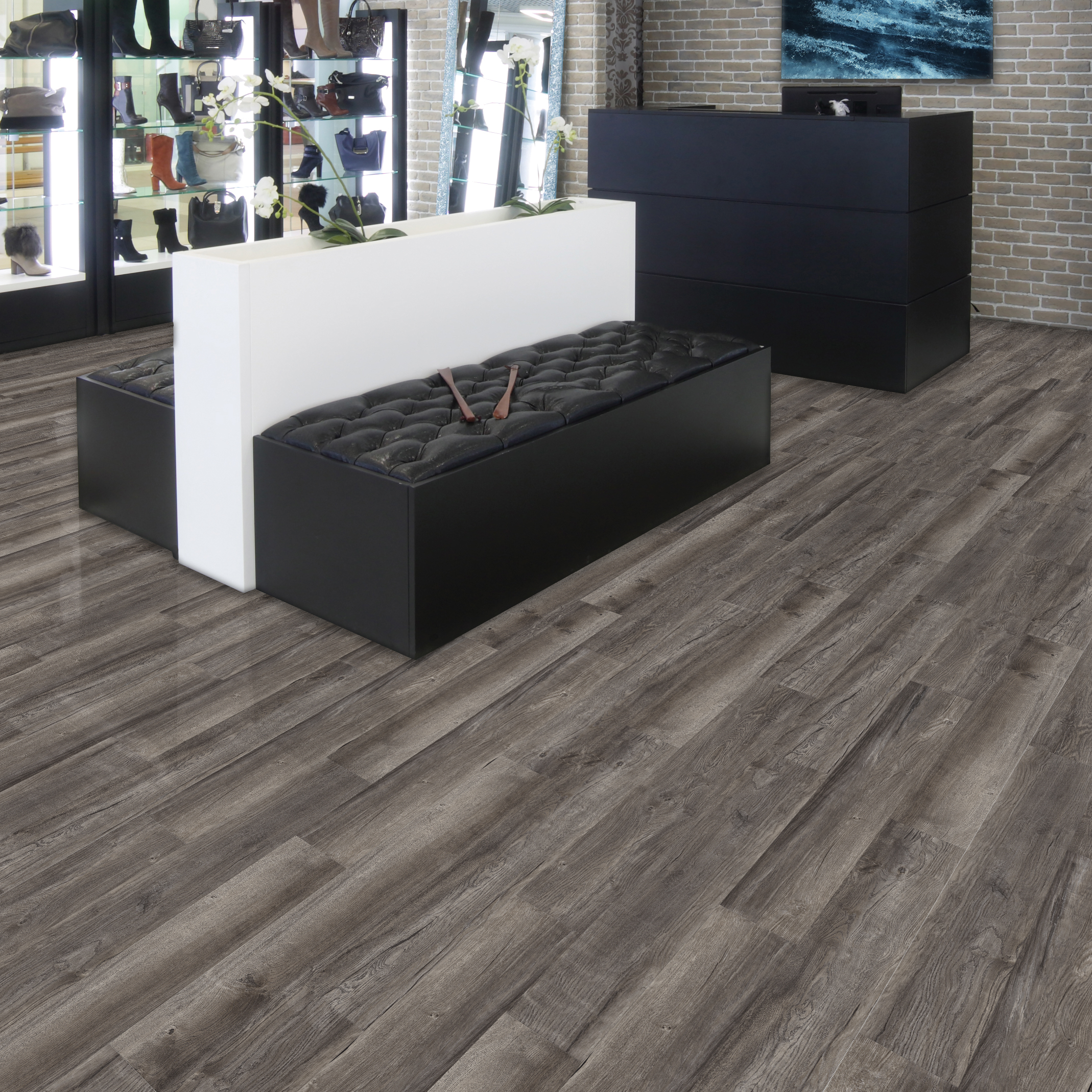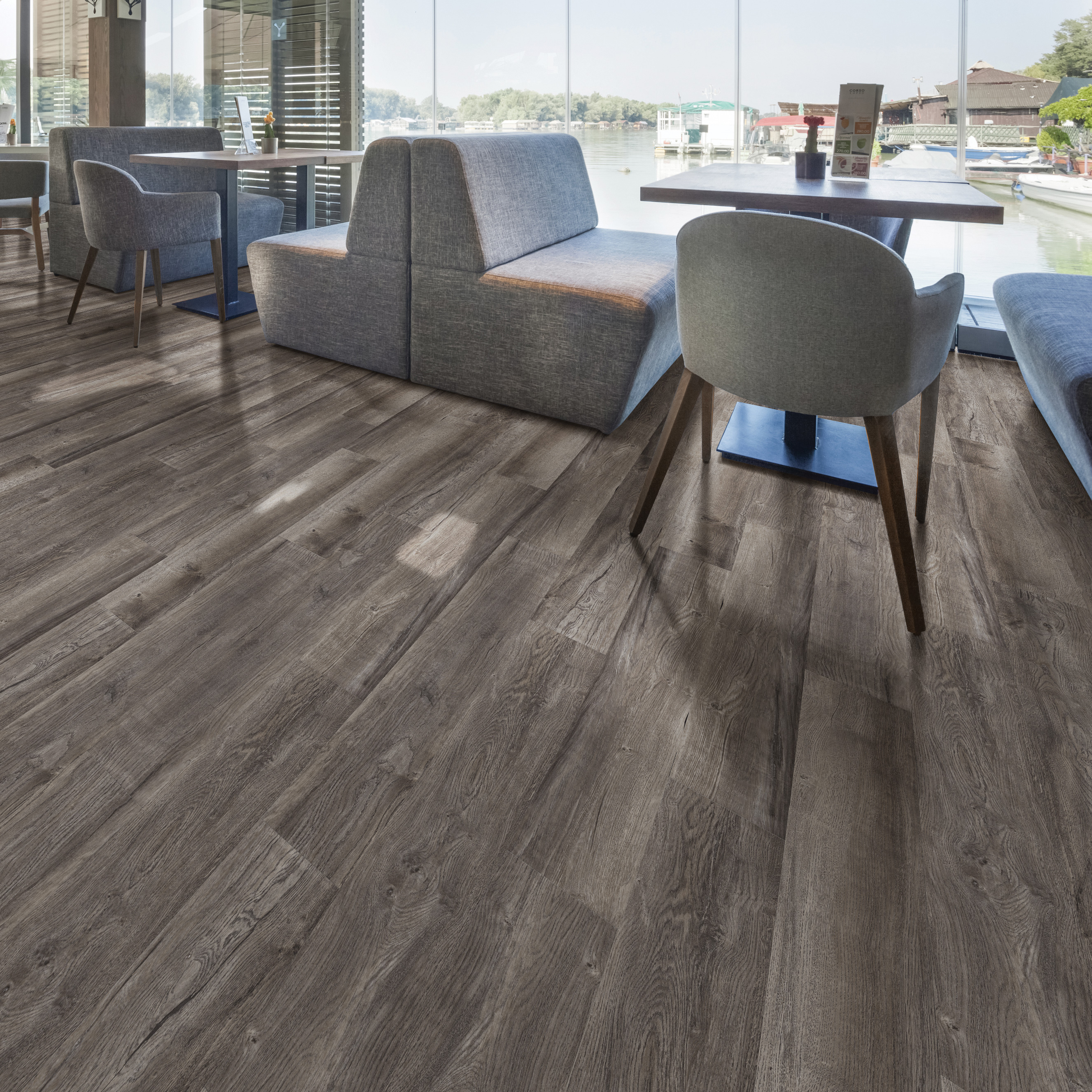
Whether you own a restaurant, a retail store, or a high-traffic office building, the flooring you choose plays a crucial role in ensuring the safety of employees, customers, and visitors. Two key factors to consider in this regard are slip resistance and fire rating. In this article, we'll delve into the importance of these safety considerations and the standards that commercial flooring must meet to be deemed suitable for commercial use. Visit us today for help selecting commercial flooring that makes the grade.
Slip Resistance: Stepping Confidently
Slip resistance, in simple terms, refers to a floor's ability to provide sufficient friction to prevent slips and falls. It is measured by the dynamic coefficient of friction (DCOF). Floors with a higher DCOF value are less likely to cause accidents.
The Role of Standards
To ensure that commercial flooring meets adequate slip resistance standards, organizations like the National Floor Safety Institute (NFSI) and ASTM International (formerly known as the American Society for Testing and Materials) have established rigorous guidelines and testing procedures. These standards are in place to protect everyone who sets foot on your commercial property.
ASTM D2047-19: A Test of Slip Resistance
One of the key tests for slip resistance is outlined in ASTM D2047-19. This standard involves a test apparatus known as the English XL Variable Incidence Tribometer. It simulates the walking motion of a person, applying a known force to determine the flooring's slip resistance. Commercial floorings must pass this test to be considered safe for use.

Understanding Slip Resistance Classes
Commercial flooring is typically classified based on its slip resistance performance. These classes range from R9 (low slip resistance) to R13 (very high slip resistance). The choice of class depends on the specific requirements and the level of traffic in your commercial space.
To ensure the safety of your commercial space, it's essential to select flooring that meets or exceeds the slip resistance standards appropriate for your industry and location. For high-traffic areas or places prone to wet conditions, consider flooring with a higher slip resistance rating. Ultimately, your choice should prioritize safety without sacrificing aesthetics and functionality.
Fire Rating: A Matter of Life and Property Protection
Beyond slip resistance, fire rating is another critical safety consideration for commercial flooring. Fire can be devastating, and having the right flooring in place can make a significant difference in protecting lives and property.
Fire rating measures a material's resistance to fire and its ability to limit the spread of flames and smoke. For commercial flooring, this is especially crucial, as fires can start for various reasons in commercial spaces, from electrical malfunctions to kitchen accidents.
ASTM E648: The Critical Test for Fire Rating
In North America, ASTM E648 is the standard used to determine the fire rating of commercial flooring. This test measures the flooring's ability to resist the spread of flames when exposed to a radiant heat source.

Building Codes and Fire Safety
Building codes and regulations dictate the minimum fire rating requirements for commercial flooring in different locations and industries. It's essential to consult these codes and work with professionals who are knowledgeable about local building regulations to ensure compliance.
Fire rating is typically classified into classes ranging from Class I to Class IV. Class I is the highest level of fire resistance, while Class IV indicates the lowest level. The choice of fire rating class should align with the specific fire safety needs of your commercial space.


A Holistic Approach to Safety
When selecting commercial flooring, it's crucial to take a holistic approach to safety. This means considering both slip resistance and fire rating alongside other factors like maintenance, durability, and aesthetics. A well-rounded choice ensures that your flooring not only looks good but also performs well under various conditions.
Slip resistance and fire rating are two essential factors to consider when choosing flooring for your commercial property. By adhering to established standards, consulting local building codes, and working with flooring professionals, you can create a safe environment that protects both people and property. So, step confidently into the world of commercial flooring, knowing that you've made safety a cornerstone of your space. Visit us today!

